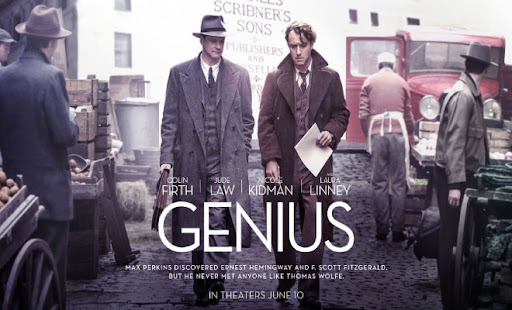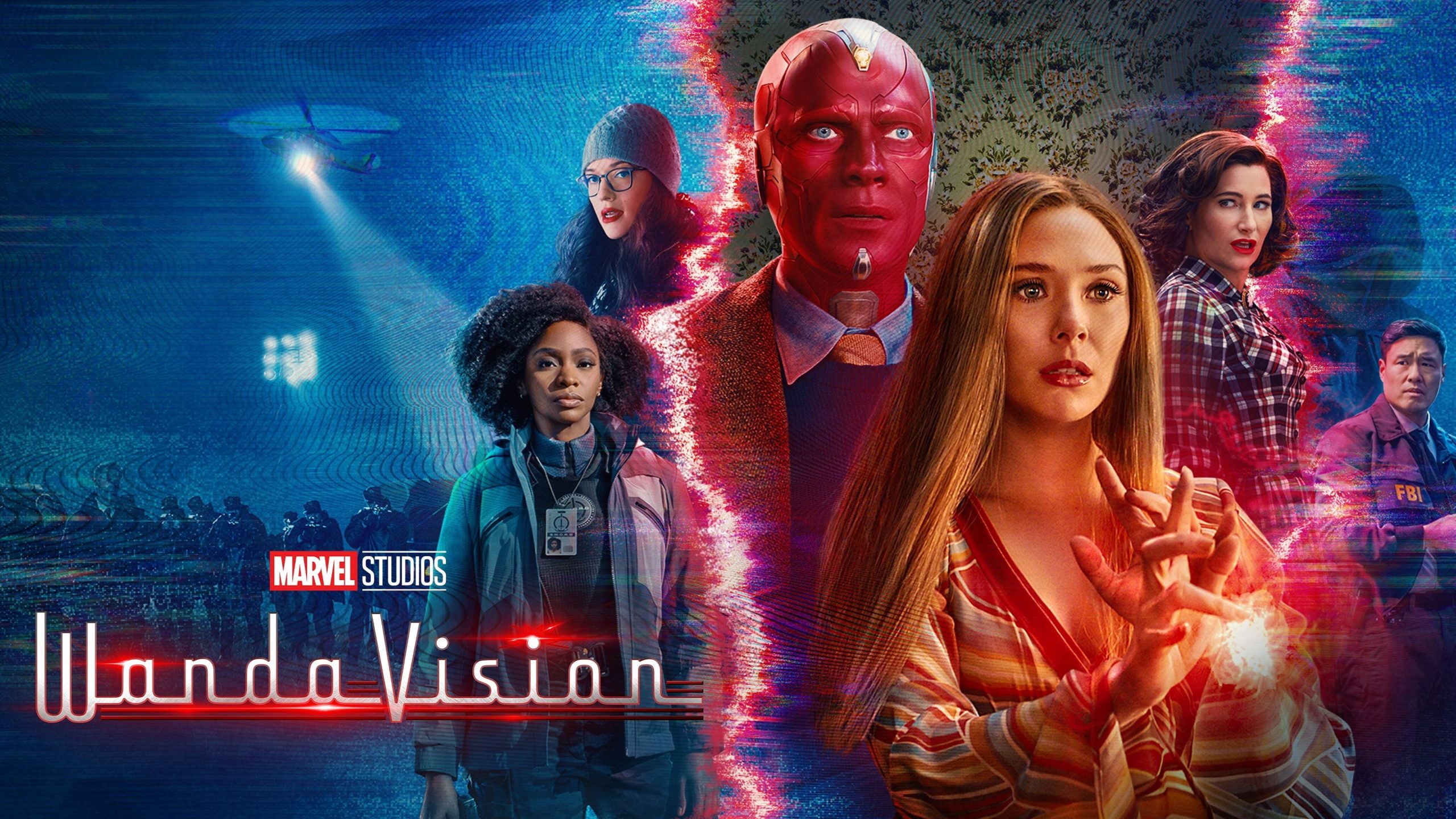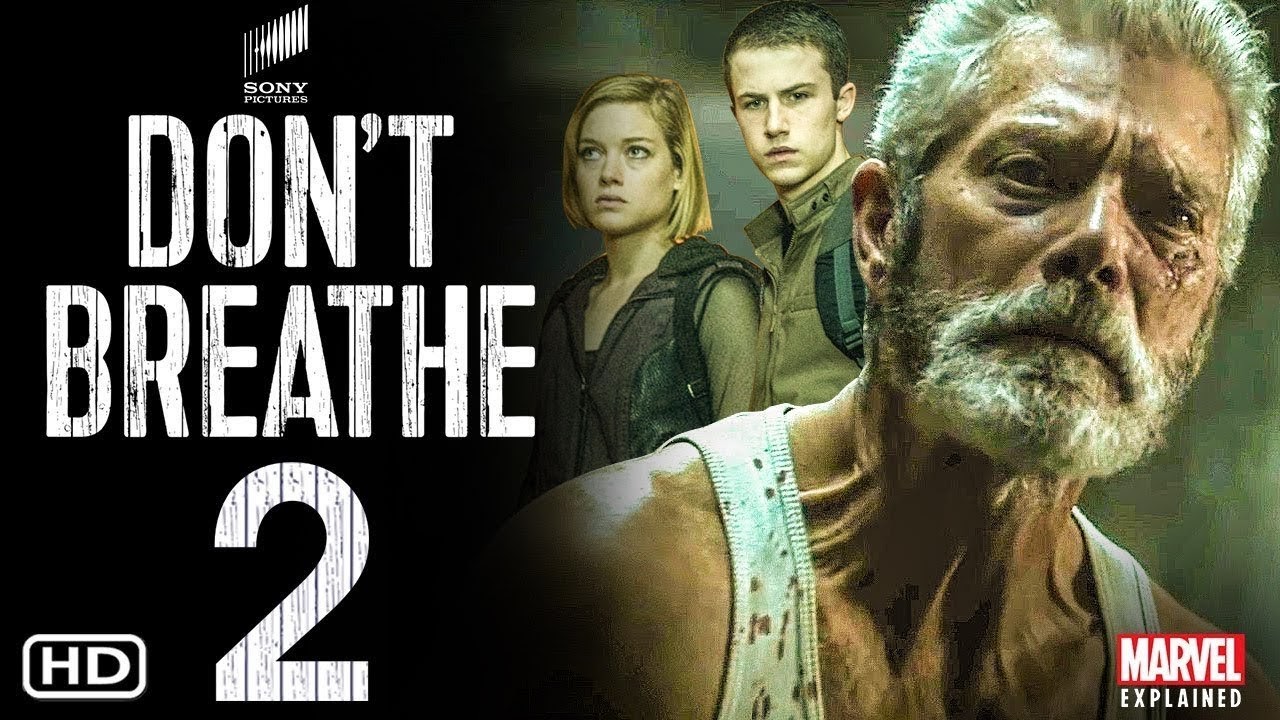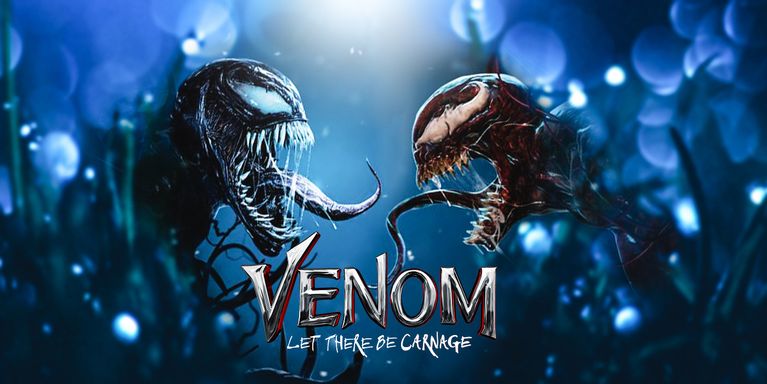Genius Full Movie Download hd Pagalmovies filmyzilla

Age Appropriate For: 14+. This show about the expert relationship and individual companionship between the American writer Thomas Wolfe and his manager Max Perkins centers around the dynamic among them and their association with the American abstract scene during the Great Depression. This is quite scholastic stuff, so young people inspired by the humanities are the center objective. Some reviling, talk about prostitution and dysfunctional behavior, everybody beverages to abundance (and nearly to demolish for a couple of characters), Wolfe is carrying on an extramarital issue, and a character passes on.
Extraordinary American writer Thomas Wolfe gets the anecdotal treatment in ‘Genius,’ which offers the conversation starter of how composing and altering cooperate. For teenagers intrigued by writing and expressions of the human experience, this is strong, if by the numbers, time frame dramatization.
How does the creative cycle work? That is an inquiry special to each craftsman, and keeping in mind that film has attempted to address it previously—in motion pictures like “Words and Pictures,” which zeroed in on composition and pictures—it’s an interesting subject given its extraordinary independence. That is somewhat the issue with “Genius,” a biopic of the American writer Thomas Wolfe. Not especially notable to the overall population now, Wolfe was a gigantic arrangement back in the mid twentieth century, and his heritage is analyzed in “Genius.”
Yet, Wolfe (Jude Law, of “Ascent of the Guardians”) isn’t the lone focal point of “Genius”; the film divides its consideration among Wolfe and his supervisor, Maxwell Perkins (Colin Firth, of “Wizardry in the Moonlight”). Who was liable for Wolfe’s voice and style—was it the creator himself or Perkins, who scrutinized, jabbed, and nudged at his work? Who ought to be credited for craftsmanship—the individual who shapes the crude item, or the individual who perceives the decency or quality inside that crudeness?
Those are the issues about authorial proprietorship that overrun “Genius,” and albeit this is high-idea stuff, the film compromises in different zones that should matter comparably a lot. From underused female characters to a grandiloquent, however maybe exaggerated, lead execution from Law, “Genius” raises smart thoughts, yet its best parts are discussions and appearances—which aren’t sufficient to make a film.
In light of the life story “Max Perkins: Editor Of Genius,” the film is told from the point of view of Perkins, a New Yorker and abstract proofreader previously loved for his work with driving American writers Ernest Hemingway (Dominic West, of “Discovering Dory”) and F. Scott Fitzgerald (Guy Pearce, of “Iron Man 3”). A sullen, dry man, Perkins is promptly at chances with Wolfe, the sort of individual who occupies a whole space totally neglecting the remainder of its occupants, who talks and talks with no space for anybody to get their say, who puts himself higher than others.
Perkins has a spouse and five girls; Wolfe is carrying on an undertaking with a wedded lady. Perkins needs to get to the core of thoughts; Wolfe needs to continue endlessly however long he needs. However, even with those differentiating characters, Perkins and Wolfe start an expert association that outcomes in extraordinary accomplishment for Wolfe with his first novel Look Homeward, Angel, which winds up distributed just a week or so after the Great Depression.
With such contradicting approaches, however, how long can the functioning dynamic among Perkins and Wolfe proceed? Furthermore, how does the devastating misfortune of the Great Depression burden them both? The connection between the pair consumes too brilliantly, excessively fast, and when the film attempts to move away from Law and Firth—the previous very glib and excessively hammy, the last expectedly tasteful and mannered—is the point at which it endures. The best minutes are the point at which they’re squabbling about word decision, competing over Wolfe’s boxes and cases of pages, and afterward going through years on Wolfe’s subsequent novel, Of Time and the River. For a film about the innovative cycle, this is the acceptable stuff—and it’s what “Genius” required a greater amount of.
Artistic aficionados will be energized by West and Pearce as Hemingway and Fitzgerald, and their appearances balance the film’s feeling of the American abstract development in the mid twentieth century. Yet, generally speaking, “Genius” is lopsided, and that imbalanced center—exactly the same thing that Wolfe required assistance with every one of those years prior—is its most vulnerable component.




